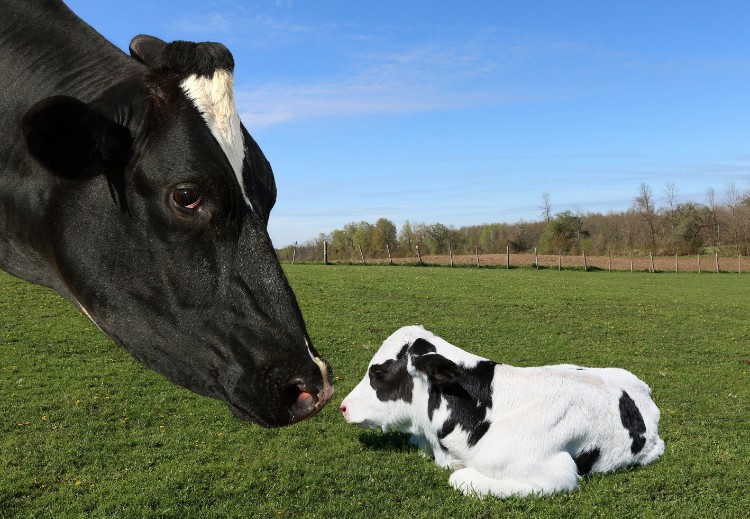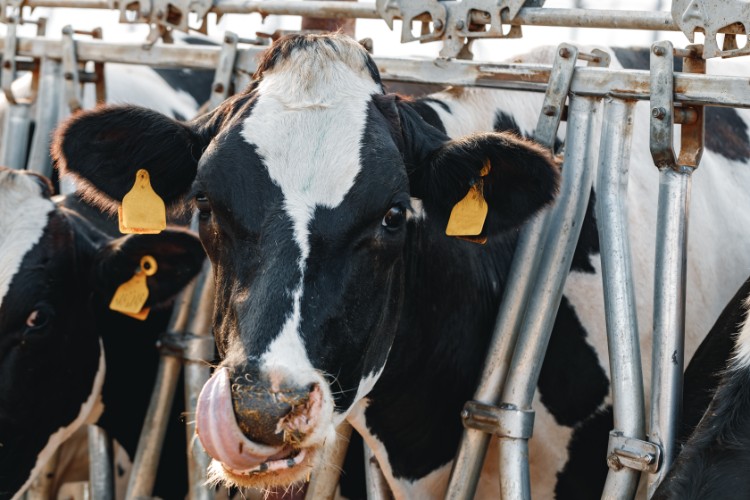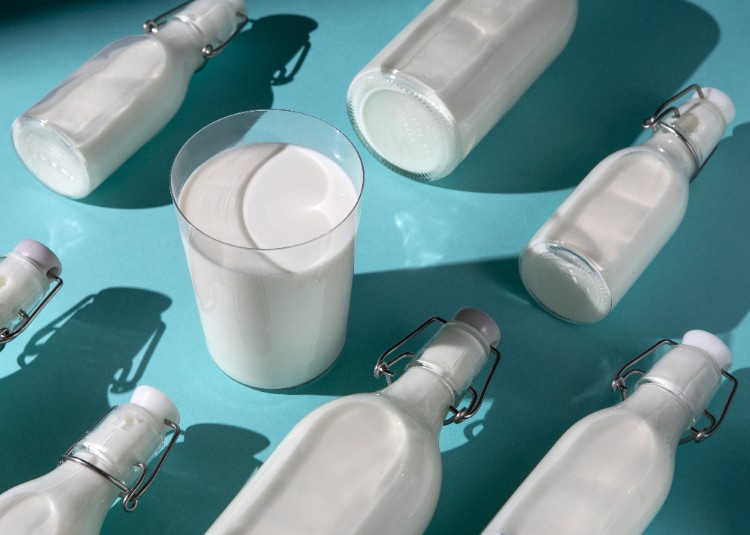Clean Cows, Safe Milk: Dairy Disinfectant
Why Cleanliness Shapes Dairy Success
Running a dairy farm feels like juggling milk buckets on a windy day. One slip and food safety goes down the drain. Dairy farm disinfectant is not just another tool—it is the backbone of a high-quality milking system.
Every dairy cow deserves a clean stall and safe milking equipment. Without regular cleaning and disinfection, bacteria and viruses spread like wildfire. They creep into stainless steel pipelines, food contact surfaces, and bedding. That silent invasion reduces the shelf life of milk processed and puts consumer trust at risk.
We learned early that disinfectant separates thriving farms from struggling ones. The goal is simple—keep germs away, keep families safe, and keep milk flowing strong.

The Trouble with Germs on Farms
Let’s be honest, barns are messy. Cows produce milk but also manure, mud, and moisture. That messy cocktail breeds trouble.
Bacteria spoil milk in hours
Viruses weaken dairy cows and slow production
Pathogens like E. coli or Listeria survive on food contact surfaces
Hot water helps but does not guarantee effective disinfection. Chemical disinfectants kill germs but leave residues. Families do not want leftover chemicals in their milk. Neither do we.
So the search for better solutions led us to something surprising.
Hypochlorous Acid: Nature’s Own Weapon
Our immune systems already use hypochlorous acid. White blood cells release it to kill invaders. That natural power now protects farms too.
This solution delivers broad-spectrum action. It wipes out bacteria and viruses in seconds. Better yet, it breaks down into salt and water. That makes it safe for food contact surfaces, stainless steel pipes, and milking equipment.
Benefits We See Daily
Gentle on stainless steel while tough on germs
Safe for dairy cows and workers
No harsh chemical odor
Quick action for effective disinfection
Extends the shelf life of milk processed
We spray it freely without fear of contamination. Each application feels like giving our farm an invisible shield.
Where We Apply Dairy Farm Disinfectant
The barn offers endless hiding spots for germs. We tackle each one head-on.
Milking Equipment
Teat cups, hoses, and pipelines carry milk. Even small bacteria colonies threaten entire batches. Hypochlorous acid gives us effective disinfection across all milking machines.
Food Contact Surfaces
Buckets, stainless steel tools, and storage tanks all demand daily cleaning. We trust disinfectant here most because food safety depends on it.
Bedding and Stalls
We remove all bedding, spray down stalls, and replace fresh material. Dairy cows deserve clean rest without soaking in pathogens.
Milking System
We rinse pipelines with hot water. Then we flush with hypochlorous acid. That combo reduces the risk of contamination from start to finish.

Our First Test with Hypochlorous Acid
We admit we doubted it. Could a solution this mild replace harsh chemical disinfectants? We tested it on stalls, food contact surfaces, and milking equipment.
The result stunned us. The barn smelled fresh. Bacteria counts in milk dropped dramatically. Dairy cows looked calmer. Even our workers appreciated the lack of fumes.
We laughed and called it “spa day for cows.” But deep down, we knew we had found a better way.
Technology Makes It Possible
Back then, access was harder. Now we rely on the HOCl Generator Machine to produce hypochlorous acid on demand. With just salt, water, and electricity, we generate a steady stream of disinfectant.
This freedom saves money and space. No more stockpiles of chemical disinfectants. No more deliveries delayed during busy seasons. We make exactly what we need when we need it.
Daily Cleaning Routine That Works
We built a rhythm that keeps everything safe:
Flush the milking system with hot water
Spray hypochlorous acid into all milking equipment
Wipe food contact surfaces with a fresh solution
Remove all bedding and disinfect stalls
Allow a short contact time for broad-spectrum action
This five-step cycle became our safety net. Milk processed under these conditions stays fresher, tastes better, and carries trust straight to the consumer.
Why Stainless Steel Needs Care Too
Milking pipelines and tanks are mostly stainless steel. Strong, durable, but not invincible. Chemical disinfectants sometimes corrode surfaces. Over time, this damages the milking system.
Hypochlorous acid changed that. It protects the shine of stainless steel while removing pathogens. Equipment lasts longer, saving us expensive replacements.
Why It Matters for Families
Every carton of milk tells a story. It is not only about dairy cows and farmers. It is about food safety and consumer trust.
Families expect milk to be free from bacteria and viruses. They expect high-quality nutrition without hidden risks.
Dairy farm disinfectant ensures that trust remains unbroken. Clean food contact surfaces, safe milking machines, and effective disinfection protect every glass poured at breakfast.
And for us, that responsibility is more than business—it is personal.
Lessons from Mistakes
We once skipped disinfection after a late-night milking.
The next test revealed higher bacteria counts. That mistake cost us a full tank of milk. Painful, yes. Educational, even more so.
Now we never cut corners. Cleaning and disinfection are non-negotiable.

The Future of Dairy Hygiene
The dairy world changes fast. More farms adopt technology. More families demand safer milk. The future belongs to sustainable and effective disinfection.
We believe hypochlorous acid will lead to that change. Broad spectrum, safe, eco-friendly, and practical. With tools like the HOCl Generator Machine, every farm can control its own hygiene.
Cows may not cheer us on, but healthier cows speak for themselves.
Final Thoughts
A dairy farm disinfectant is not a simple cleaner. It is a silent protector of food safety, equipment, and family trust. Hypochlorous acid delivers effective disinfection for milking equipment, food contact surfaces, and stainless steel systems.
It reduces the risk of contamination, extends the shelf life of milk processed, and keeps dairy cows healthy. Combined with hot water and consistent routines, it outperforms chemical disinfectants while staying safe.
We no longer see disinfectant as a chore. We see it as a partner. A broad-spectrum shield that works alongside us every single day.
And when families pour fresh milk into a glass, we know all the effort was worth it.
